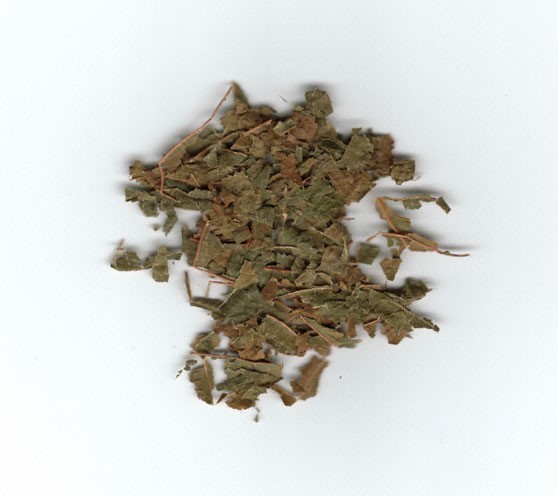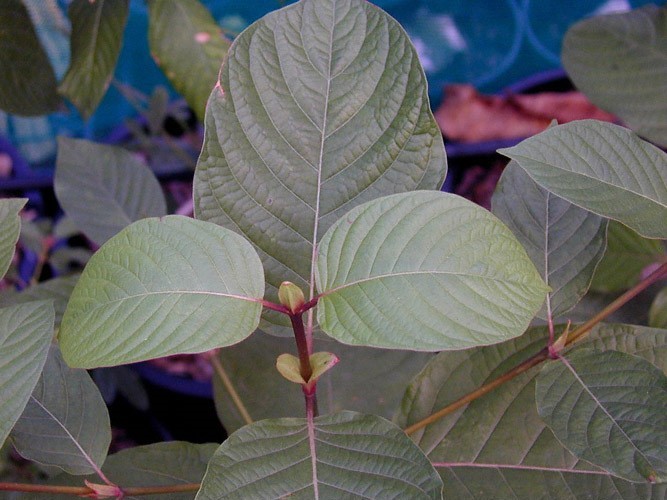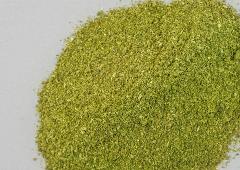Kratom
Relevant information on the drug Kratom, also known as Ketum, Thom, Ithang, Biak Biak, Kakuam.

Image 1 - Crushed dried leaves of Mitrogyna Speciosa

Image 2 - Leaves of the Mitrogyna Speciosa plant

Image 3 - Example of powdered leaf extract
Also known as
Ketum, Thom, Ithang, Biak Biak, Kakuam
Description
Kratom is a tropical tree (Mitragyna speciosa) native to Southeast Asia. Its leaves contain Mitragynine and 7-Hydroxymitragynine that have psychotropic effects.
Kratom can come in the form of fresh leaves, dried leaves or as a powdered extract. Common forms of abuse include chewing on the fresh leaves or drinking it after boiling its powdered extract.
Effects and dangers
Consumption of Kratom can produce psychoactive or mind-altering effects.
Reported health impacts of kratom use include:-
Nausea
Seizures
Hallucinations
Appetite Loss
Itching
Constipation
Dryness in mouth
Withdrawal symptoms
Withdrawal Symptoms include:-
Hostility
Aggression
Flow of tears
Wet nose
Inability to work
Aching in the muscles and bones
Jerky movements of the limbs
Penalties
The key psychoactive compounds in Kratom, Mitragynine and 7-Hydroxymitragynine, are Class A controlled drugs listed under the Misuse of Drugs Act. The related penalties are as follows:-
Possession of Kratom
Up to a maximum of 10 years of imprisonment or a fine of $20,000 or both
Consumption of Kratom
At least 1 year of imprisonment, up to a maximum of 10 years of imprisonment with a maximum fine of $20,000
Trafficking
At least 5 years of imprisonment and 5 strokes of the cane, up to a maximum of 20 years of imprisonment and 15 strokes of the cane
Import or Export
At least 5 years of imprisonment and 5 strokes of the cane, up to a maximum of 30 years of imprisonment and 15 strokes of the cane
